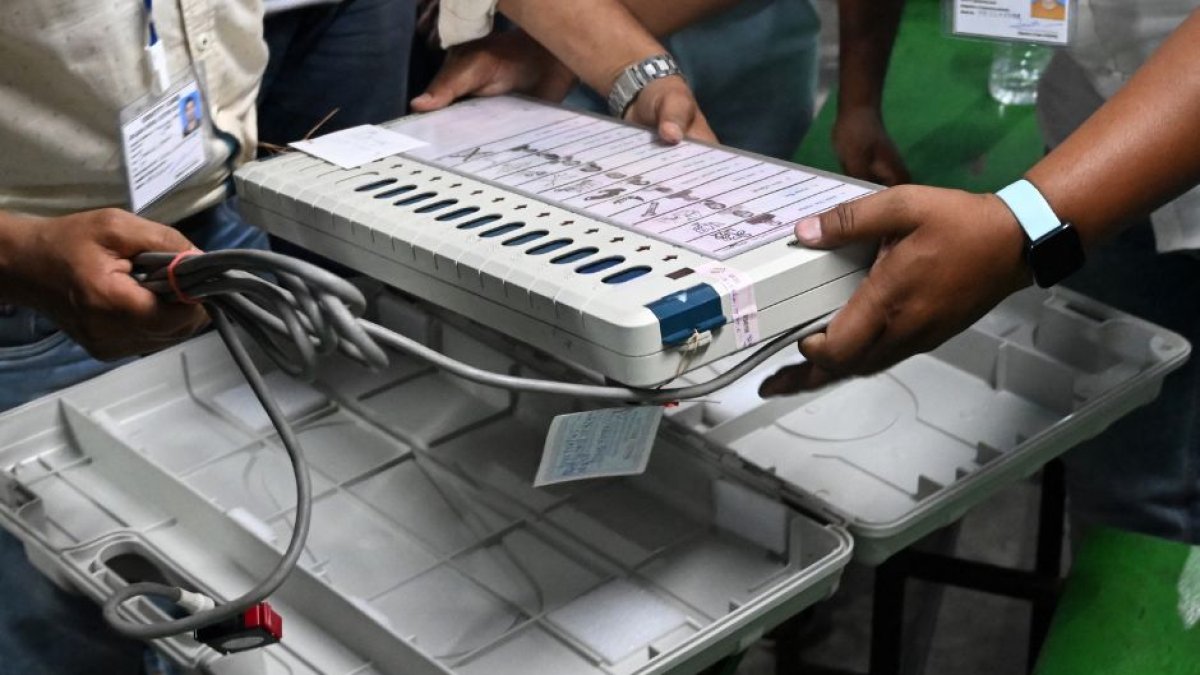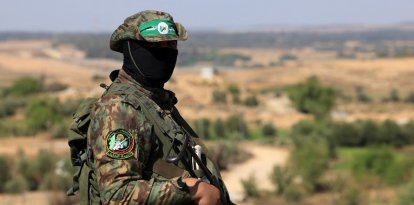India: At least 969 million people begin voting in the world's largest elections
The favorite to win the elections, which are held every five years, is the current Prime Minister, Narendra Modi, whom the opposition accuses of promoting criminal cases to weaken it.

(AFP)
The biggest elections in the world have already begun. India began its six-week elections this Friday, with Prime Minister Narendra Modi as the favorite. At least 969 million people will be able to vote. This is more than ten percent of the world's population or four times the number of registered voters in the next largest democracy: the United States.
543 representatives of the Lower House are set to be elected through a seven-phase election process that will last until June 1. Votes will be counted on June 4, with results expected to be announced on the same day.
"I am happy with the direction of the country. I will vote not thinking about my personal well-being, but about the prosperity of the country," pedicab driver Ganga Singh, 27, told AFP.
The elections will coincide with the opening of schools. The current prime minister asked voters "to cast their votes in record numbers. I especially urge young people and first-time voters to vote in large numbers. After all, every vote counts and every voice matters!" he posted on X.
For logistics, around 12 million employees have to travel throughout the country to coordinate each event. In 2009, for example, a team of five individuals ventured into the Gir forest, located in Gujarat, in the west of the country, to find the only resident of a distant Hindu temple, according to Infobae.
"We don't have money to campaign"
Meanwhile, the 73-year-old prime minister has maintained strong popularity during his decade in office. He has overseen India's increased diplomatic influence and emerged as an economic power, AFP explained. He now faces a complex alliance comprising over two dozen parties, which has not yet designated a candidate for prime minister.
"His chances have increased with several criminal cases against his rivals and a tax investigation this year that left the bank accounts of Congress, the name of India's largest opposition party, frozen. Opposition leaders and human rights organizations accuse the Modi government of having orchestrated these causes to weaken rivals,” AFP reported.
Rahul Gandhi, the leader of the Congress Party, said that they do not have the means to campaign. "We don't have money to campaign, we can't support our candidates," said Gandhi.
Meanwhile, a survey published last year by Pew Research revealed that opinions about India are currently generally positive in 23 countries. By comparison, opinions about the Indian prime minister, which were collected from a subset of 12 countries, are more varied: 37% say they have confidence in Modi and 40% say they lack confidence in him.
"Modi is popular in India but has more mixed reviews internationally. About eight-in-ten Indians (79%) have a favorable view of Modi, including a majority of 55% with a very favorable view,” the Pew Research survey explains.
According to Article 83 of the Constitution of India, legislative terms are set at five years. All 543 parliamentary representatives are selected from their respective regions through the single-member majority voting system.

























